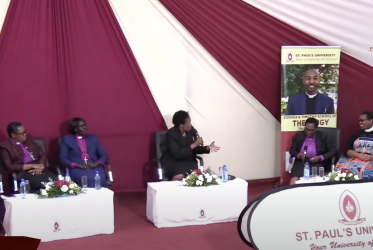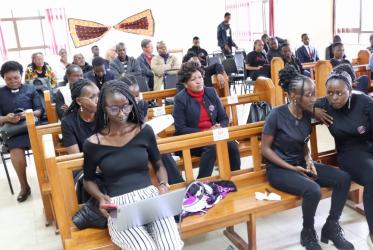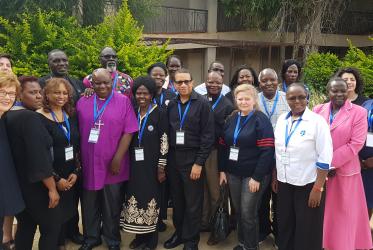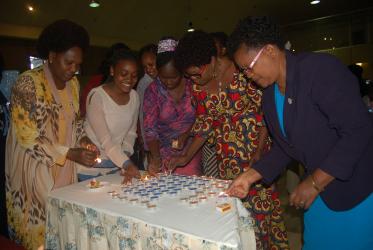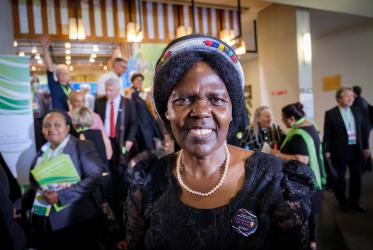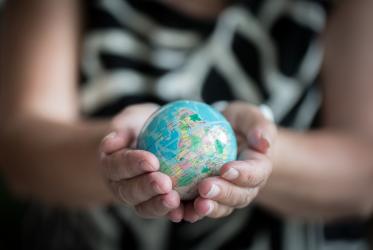Displaying 1 - 20 of 34
06 February 2024
COVID-19 in conflict zones: “a crisis within another crisis”
27 November 2020
Listening together to the pain of violent spaces
28 February 2020
Kenya schools invest in young people to end new HIV infections
18 September 2019
Dr Agnes Abuom: “Enough is enough”
05 September 2019
WCC offers tribute to Marie Bassili Assaad
12 September 2018
A safe space for sinners to change and for pain to be shared
03 August 2017

